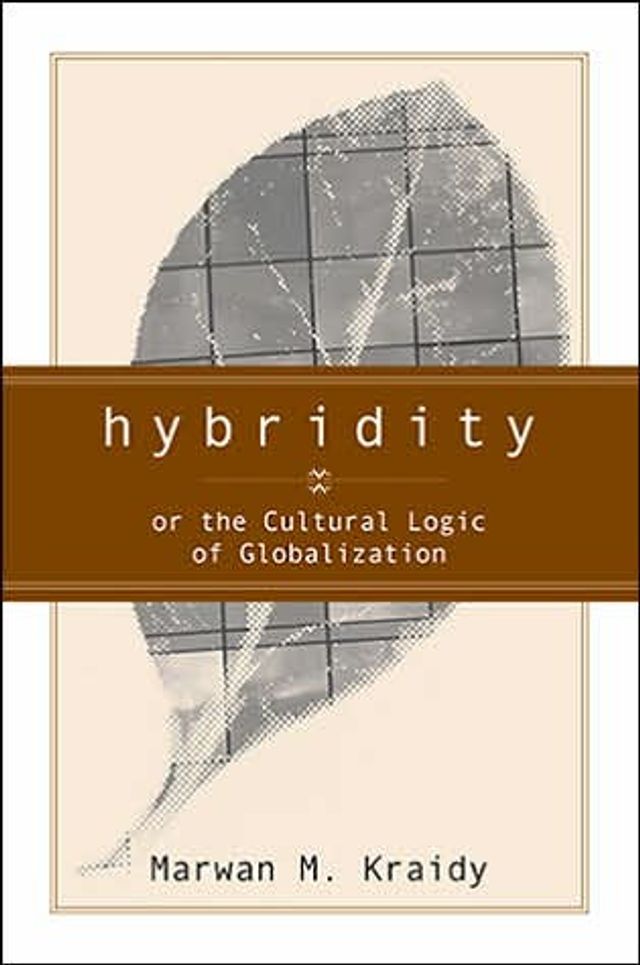Home
The Logic of the Cultural Sciences: Five Studies
Barnes and Noble
The Logic of the Cultural Sciences: Five Studies
Current price: $29.00


Barnes and Noble
The Logic of the Cultural Sciences: Five Studies
Current price: $29.00
Size: OS
Loading Inventory...
*Product information may vary - to confirm product availability, pricing, shipping and return information please contact Barnes and Noble
This new translation of The Logic of the Cultural Sciences (formerly entitled
The Logic of the Humanities
)
makes Ernst Cassirer’s classic study, long out of print, available to English readers. A German Jew living in exile at the beginning of the Second World War, Cassirer wrote this book—one of his clearest and most concise—in response to the crises besetting his era. It represented to him a rethinking and completion of his magnum opus
The Philosophy of Symbolic Forms.
S. G. Lofts’s translation stays close to the original German and accurately reflects the echoes of the philosophical debates of Cassirer’s day.
In the book’s five linked studies, Cassirer considers the intellectual structure of the disciplines we commonly refer to as the humanities. He defines and justifies the basic philosophical perspective of the philosophy of symbolic forms, and he contributes a wealth of ideas to continuing debates about culture and what is unique in human nature.
The Logic of the Humanities
)
makes Ernst Cassirer’s classic study, long out of print, available to English readers. A German Jew living in exile at the beginning of the Second World War, Cassirer wrote this book—one of his clearest and most concise—in response to the crises besetting his era. It represented to him a rethinking and completion of his magnum opus
The Philosophy of Symbolic Forms.
S. G. Lofts’s translation stays close to the original German and accurately reflects the echoes of the philosophical debates of Cassirer’s day.
In the book’s five linked studies, Cassirer considers the intellectual structure of the disciplines we commonly refer to as the humanities. He defines and justifies the basic philosophical perspective of the philosophy of symbolic forms, and he contributes a wealth of ideas to continuing debates about culture and what is unique in human nature.

















